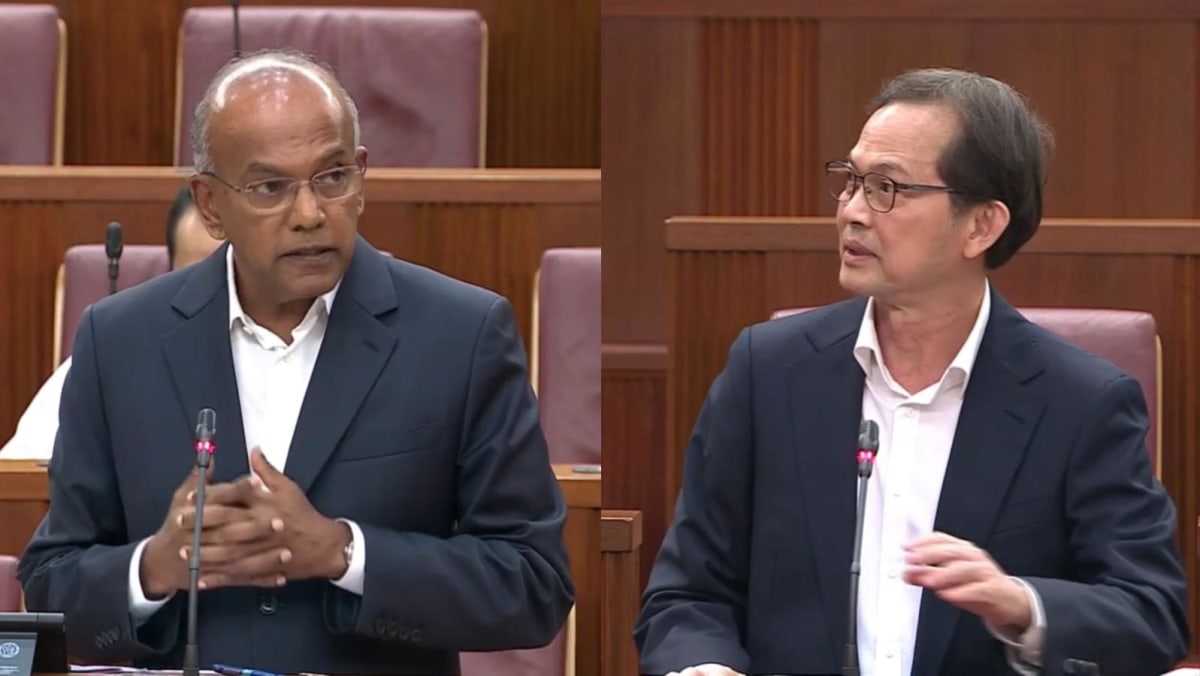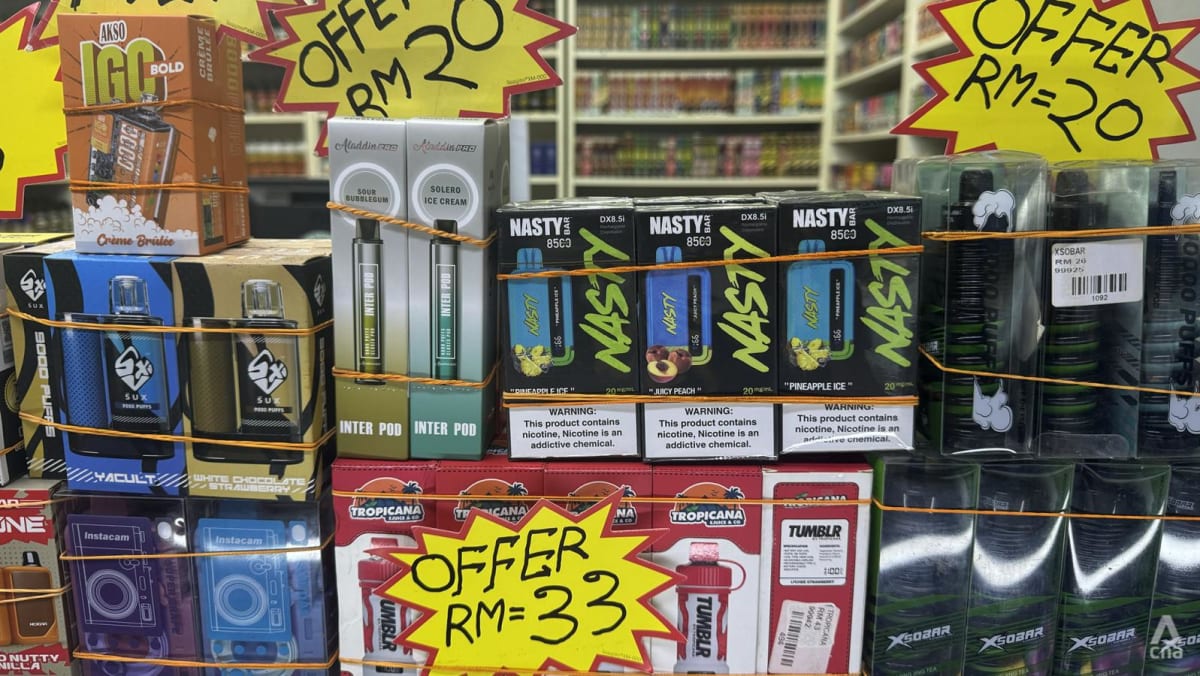EXPERTS: FOCUS SHOULD BE ON ENFORCEMENT
Pulmonologist Helmy Haja Mydin told CNA that as the legislation rolls into place, the current focus should be on enforcement efforts in regulating and controlling vaping, both in terms of sales as well as its use.
He said that whenever there are attempts to increase tobacco control regulations, the lack of enforcement is often cited as a reason for failure, and consequently, an excuse to not introduce new regulations.
“It is thus extremely essential for the Ministry of Health and its relevant partners to demonstrate the success of enforcement efforts as this will influence support for wider legislation such as a total ban on vaping products,” said Helmy.
“With proper enforcement, there should be far less sales and one would anticipate fewer new users as well,” he added.
Helmy would still support a total ban on vaping, citing its effects on health.
“There is increasing evidence of its harm to the human body as well to our mental health, alongside evidence of it being both a new form of addiction as well as a gateway to other forms of addiction.
“It is particularly worrying to see youth become addicts as a consequence of vaping,” he said.
Almost 20,000 cases of students vaping in schools were reported last year, according to Deputy Education Minister Wong Kah Woh.
In a parliament question time session on Tuesday (Feb 4), Wong said 19,450 were caught, almost seven times more than the number of students caught smoking, citing figures from the Students Discipline System.
Dzulkefly had told Malaysiakini that the current priority was to tighten controls, including mandatory product registration with the authorities, claiming that this has resulted in 80 per cent of vapes and e-cigarette products being removed from the market.
Azrul however pointed out that the online purchase of nicotine vapes and e-cigarettes, which was supposed to be immediately banned under Act 852, continues to be operational and freely available.
“It shows the lack of effectiveness in enforcement,” he said, pointing out one website that continued to sell their products online.
He said before Act 852 was in place, there was an explosion of retail outlets selling nicotine vapes and e-cigarettes in high nicotine concentrations in sundry shops and even petrol stations, and that the sale of these products to underage individuals was also legal.
“It is very likely that the prevalence of e-cigarette and vape use among Malaysian teens aged 13-17 has gone far beyond the 14.9 per cent recorded in 2022,” he said.
While the Federal Government hasn’t banned vapes outright, Johor became the country’s first state to stop issuing sales licensing for the products in 2016, as decreed by its ruler Sultan Ibrahim Sultan Iskandar.
CNA had previously reported that even then vape products were sold openly and that enforcement continued to be a challenge, especially since state government resources were limited.














